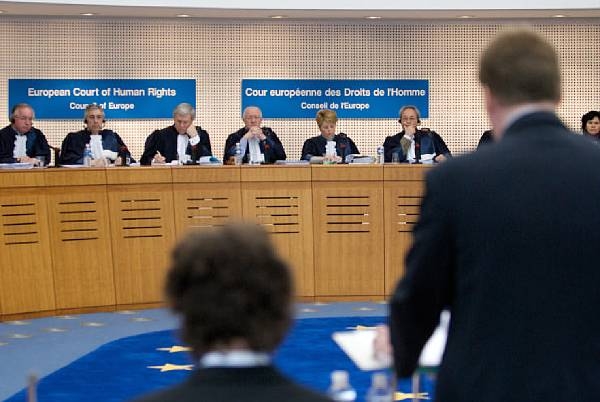European Court of Human Rights: the Grand Chamber has partly confirmed Italy’s condemnation in the case of Khlaifia

With a sentence issued on 15 December 2016, the Grand Chamber of the European Court of Human Rights (ECtHR) has partly confirmed Italy’s condemnation in the case of Khlaifia, concerning the detention and expulsion of a group of foreign citizens. The applicants, of Tunisian origin, had arrived in Lampedusa in 2011 and had been detained in a reception center for illegal migrants and in Italian military ships.
For the same case, Italy had already been condemned by a Chamber of the ECtHR on 1 September 2015, a decision for which the Italian Government had subsequently requested a referral to the Grand Chamber.
While the 17 judges of the Grand Chamber upheld neither the violation of Art. 3 (1) of the European Convention of Human Rights (ECHR) (prohibition of torture, inhuman and degrading treatment) in relation of the conditions in the detention center in Lampedusa nor the violation of Art. 4 Protocol IV ECHR (prohibition of collective expulsion of aliens), they have confirmed the violations of the the following articles: article 5 (1) ECHR (right to liberty and security), article 5 (2) ECHR ( right to be informed promptly of the reasons for the arrest and of any related charge), 5 (4) ECHR (right to a speedy decision by a court on the lawfulness of the detention).
The Grand Chamber supported its finding on the privation of personal liberty taking into account that the fact that the center where the applicants were confined was kept permanently under police surveillance, making any contact with the outside world impossible.
The Grand Chamber argued also that the lack of information on the reasons for the detention of the applicants violated in essence their right to take proceeding aimed at assessing the lawfulness of such restrictive measure.
Lastly, the Grand Chamber confirmed the violation of Art. 13 ECHR (right to an effective remedy) taken together with Art.3 ECHR on the ground of the applicants’ inability to complain about the conditions of the reception center and of the military ships where they were held.

